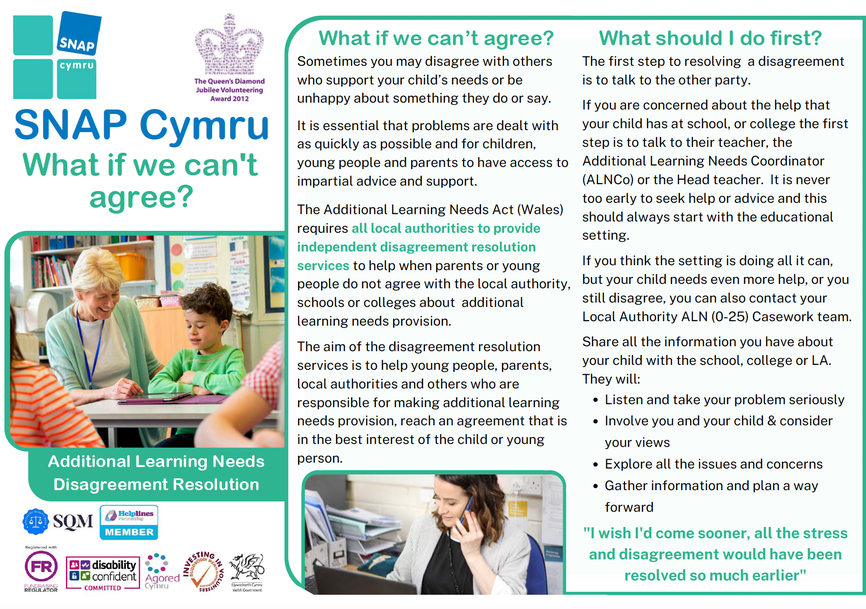The Graduated Response
In order to best support pupils who have Additional Learning Needs (ALN), the school adopts a ‘graduated response’ that encompasses an array of strategies. It is part of the continuous and systematic cycle of planning, action and review within the school to enable all pupils to learn and progress.
In the first instance school makes full use of all available classroom and school resources; Quality First Teaching, where good quality teaching and differentiation means that every pupil is included. The needs of all pupils are taken into account, with high expectations for them to help pupils towards independent learning. All pupils have access to this Universal Provision (School Action) and targeted Universal provision with small group or one to one identified interventions and nurture groups where progress is assessed and reviewed regularly. Pupils may continue to receive the interventions, have made progress so do no longer need to, or may need to receive different or enhanced support.
If pupil’s progress continues to cause concern additional action is taken and advice and support is sought from outside agencies such as the Educational Psychology Service, Speech and Language Therapy Service, Literacy Service, Physiotherapy and Occupational Therapy, CAMHS, School Nurse etc. (School Action Plus) who might suggest specific strategies to use with the pupil.
Where a pupil has not progressed as well as expected with the additional support provided as outlined above, the next stage of the graduated response would be that the school considers whether the pupil has Additional Learning Needs and in turn requires Additional Learning Provision. As part of this process, the school may engage with Local Authority services such as the Educational Psychology Service to further understand the needs of the pupil. Should it be determined that a pupil has Additional Learning Needs, an Individual Development Plan (IDP) would be developed in a person-centred manner through a Person Centred Review meeting. These IDPs would then be reviewed at least annually to ensure they remain relevant and are used as working documents.


